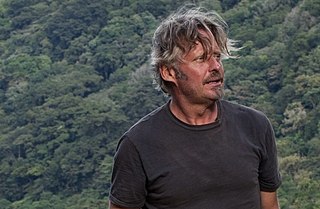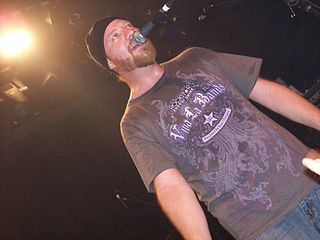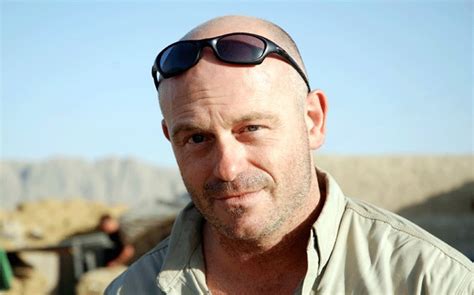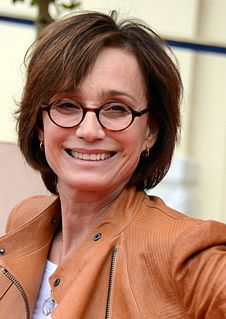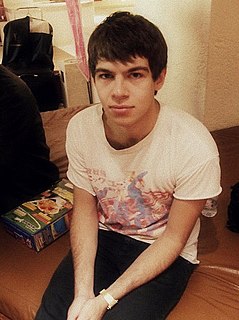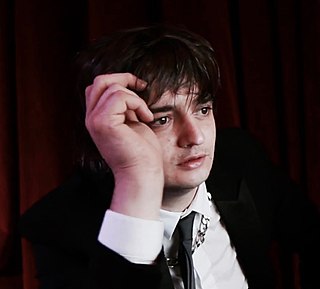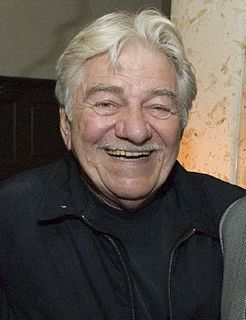A Quote by Charley Boorman
I'd agree to a film because it sounded like it was going to be filmed in a nice place and only afterwards I would check out the story to find it was rubbish.
Related Quotes
When checking in at an airport, no matter how rude the check-in person is to you, always smile and be nice because you don't know what kind of day they've had. You are going on holiday and they're stuck wherever they are. Be nice to them because they can re-route your baggage to wherever they feel like.
When your 18th, 19, 20 years old like we were at that time, its just like anyone else, you look at like Silverchair and bands like that that are super young and sound extremely derivative of bands that were out at that current moment. As they sounded like 'Nirvana in pajamas' as we called them, we sounded like Bon Jovi and Skid Row and Motley Crue, because we were only influenced by what was out at the time because we were so young
When you're growing up you also like to go out and party a lot, and the music that we would hear going out would be techno and electronica. And earlier stuff like the Prodigy. It kind of stood out from everything else. Y'know, 'Firestarter,' where did that come out of? It sounded alien and otherworldly.
When you make a film, you sign a contract with somebody, and it's not only legally binding but morally binding. You agree to give this man a certain number of weeks of your life, and you just go for it as much as possible. Because, whatever happens, the film is going to come out, so you might as well try very hard to make it a good one.
Film directing is really undermined if you attempt to do it by committee because there has to be a single vision as to how to tell a story. It's like if you were at a campfire, and everyone is taking turns to give one sentence in telling a horror story. It would be a mess - it's not going to make sense.
When you are in the middle of a story it isn't a story at all, but only a confusion; a dark roaring, a blindness, a wreckage of shattered glass and splintered wood; like a house in a whirlwind, or else a boat crushed by the icebergs or swept over the rapids, and all aboard powerless to stop it. It's only afterwards that it becomes anything like a story at all. When you are telling it, to yourself or to someone else.
